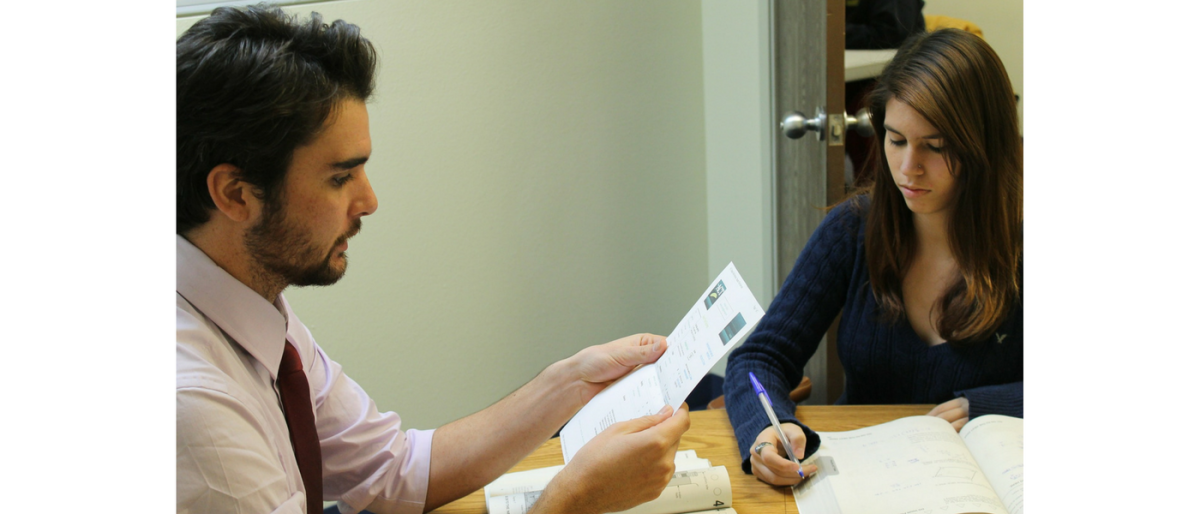Upon entering college, many students may wonder about what, exactly, they are supposed to call their professors. Typically, the struggle is between the titles “Dr.” and “professor.” Even after they’ve decided on which to use, students still may doubt that they’re calling them the right thing.
“The safest title of address is professor- professor covers everybody,” says Linda Powers, professor of English at Wofford. “However, [the majority of] professors at Wofford hold doctorates and the title of address that honors that is, of course, Dr. So that would be the second, maybe the first choice.”
Sometimes, a professor will have their preferred title listed on their syllabus. What the syllabus won’t tell you, though, is if that instructor would prefer (or are even okay with) students calling them by their first names.
But does using a first name create a closer relationship between the student and professor? Phil Dorroll, Wofford religion professor, says that it doesn’t, but that using first names makes the student-teacher relationship more equal.
“When I started teaching I decided I was going to take the lessons of feminist pedagogy as my starting point,” says Dorroll. “One of the points made in that practice is that, where possible, it’s good to eliminate hierarchies among people in order to make the learning process more effective.”
Although the majority of professors at Wofford use titles, students may notice that this is not necessarily the case at other institutions. In particular, certain study abroad programs have students call their instructors by their first names. Amy Lancaster, Dean of International Programs, gives a potential reason why teachers in different regions may prefer one method over the other:
“I don’t want to make too broad of generalizations here, but I do think that what you’ll find in European classrooms is it’s more formal in different ways and informal in others,” she says. “It’s a much more professional relationship where…the way you address your professor is not necessarily indicative of the level of respect. It’s more understood that the professor is there to teach and it’s not necessary to make it any more formal.”
Barring formality, some professors simply prefer students to call them by their first name. Of course, the decision to make that okay is left up to the professor. Some say that students can call them whichever they choose. For instance, George Singleton, English professor at Wofford, says that he wants students to call him what they are most comfortable with.
“Basically, I don’t care what students call me,” he says. “For some reason I come from a long line of ex-professors who said, ‘Call me Fred,’ or ‘Call me Jim,’ and so on. My name’s George. So they can call me George, Mr. Singleton or Professor Singleton. I’ll answer to any of those, most of the time.”
The question about Dr. versus professor versus first name really only lasts during the four years that a student is in college. After graduation, they are more easily recognized as equals or colleagues to their professors.
“I would say it definitely changes after graduation.” Says Powers. “It still may remain a little awkward for a while, especially for the student having called me Professor Powers to call me Linda. But there is a point where you cross that line-maybe a couple of years out-and if you’re friends then you’d definitely use first names.”
So what’s the best advice for students who are confused about what to call a professor? Generally, the professor will tell their class on the first day what they prefer to be called. If they don’t specify, they might have their title listed in the syllabus. One rule to follow is to listen to how the professor addresses themselves.
“You should try to describe someone the way that they describe themselves,” says Dorroll. “Instead of just asking what do all professors want, just find out what that individual person wants to be called and go with it. I think that’s a good skill to learn in any context.”




























